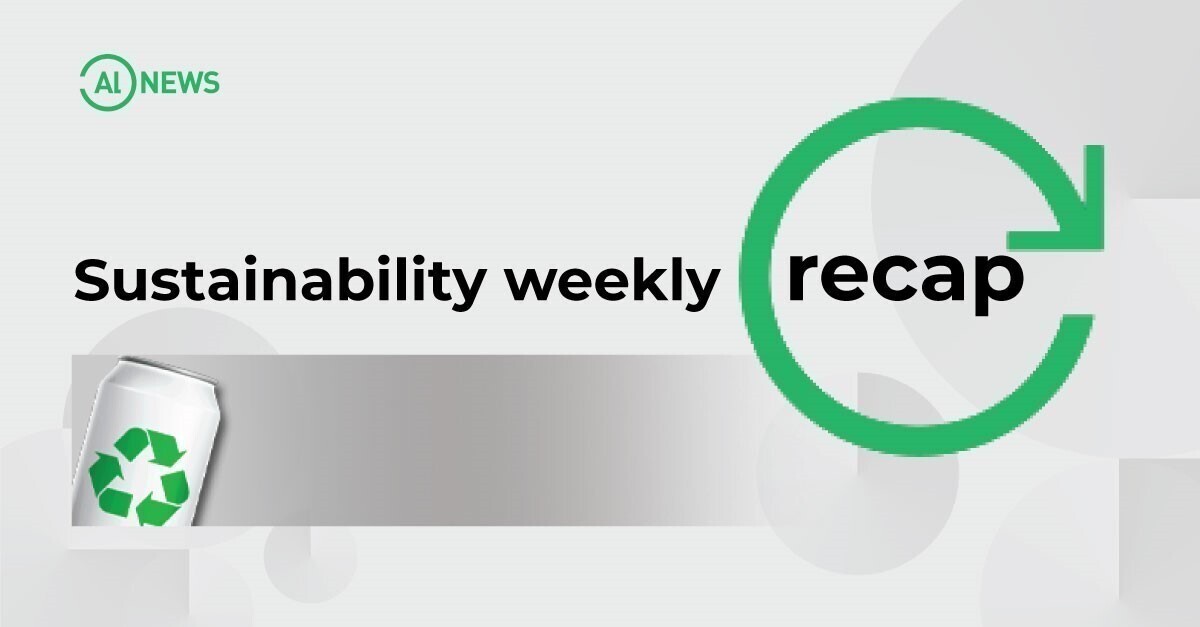

The aluminium industry is making constant advancements in promoting the environmental efficiency of its production. The use of aluminium is highly encouraged for multiple end-use industries. The production of aluminium has traditionally been energy-intensive, but a growing emphasis on sustainability has prompted the industry to adopt innovative practices. A heightened focus on sustainability has spurred the industry to embrace innovative approaches. These include a shift towards renewable energy sources for production, concerted efforts in recycling, and the promotion of ethically sourced raw materials.

Governments and top aluminium producers from different countries, global organisations, and non-profit entities have all joined hands to innovate and implement strategies to minimise the carbon footprint and bring about sustainability in the aluminium industry. Almost every region has launched dedicated projects with a common goal in mind. However, the success rate of these projects will vary depending on the region’s socio-economic climate. Not all measures are viable for all countries, companies and economies.
Here are some of the most important sustainability news from the aluminium sector:
India's aluminium sector seeks $29 billion investment for net-zero carbon goals
A recent study conducted by the Council on Energy, Environment, and Water (CEEW) highlights a significant investment need of approximately $29 billion (INR 2.2 lakh crore) in capital expenditure (CAPEX) for India's aluminium sector to achieve net-zero carbon emissions. The research emphasizes the substantial role renewable energy (RE) can play, potentially slashing 49 percent of the industry's emissions. However, the study acknowledges the intermittent availability of renewable energy as a challenge, suggesting that relying solely on RE presents its own set of hurdles.
LME calls for carbon emissions disclosure from aluminium producers by 2025
Commencing on May 1, 2024, the London Metals Exchange (LME) embarked on a consultation process requiring aluminium brand producers, eligible for delivery under its contracts, to provide carbon emissions data by March 2025. This initiative aims to align the aluminium market with the requirements of Europe's Carbon Border Adjustment Mechanism (CBAM), which imposes carbon-related costs on certain imported commodities.
Starbucks in unison with Podback is poised to redesign UK’s coffee pod recycling
In an era where environmental awareness deeply influences consumer choices, Starbucks embarks on an innovative sustainability journey. Partnering with Podback, a leader in recycling initiatives, Starbucks aims to revolutionize the disposal of aluminium coffee pods in the UK. Since the launch of the Starbucks At Home range in 2019, the coffee giant has offered a unique way for fans to enjoy Starbucks flavors at home. However, despite the popularity of coffee pod consumption, the need for accessible recycling options remains unmet. Addressing this urgency, Starbucks and Podback strengthen their collaboration, expanding their efforts to include Starbucks' retail operations across the UK. This strategic partnership envisions a future characterized by mindful consumption and eco-friendly practices.



Responses






